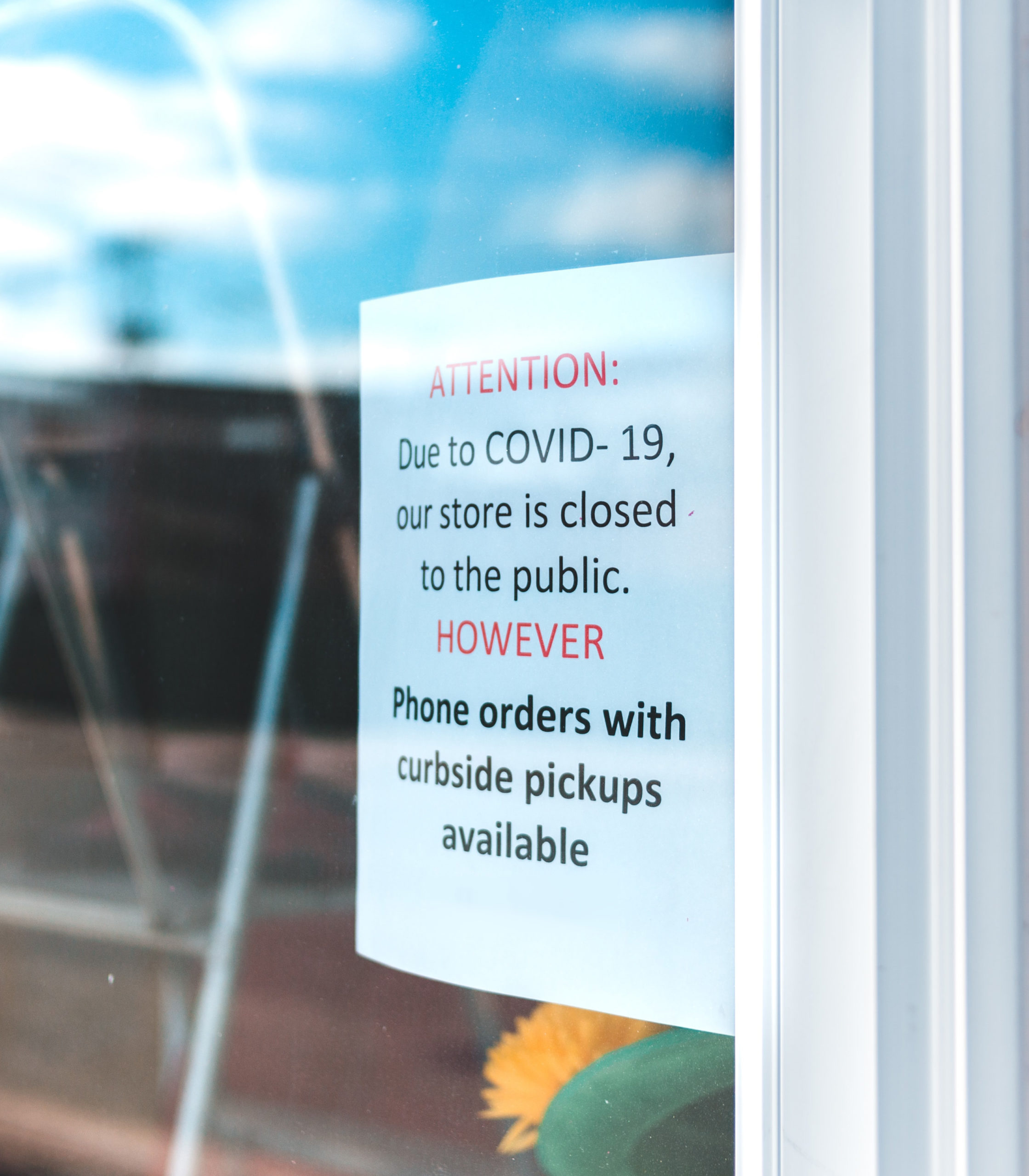
During the coronavirus pandemic, many have been rightly concerned about the danger this disease can impose on public health, as well as the real possibility of the influx of patients overrunning healthcare systems. However, as the disease and economic shutdowns borne by the government’s response wears on, there is growing concern about the future of the economy, particularly the fate of small business owners. Businesses across the country have seen crippling financial losses due to the “stay at home” orders, and most could not survive a months-long shutdown. The unemployment rate in America is on pace to become the one of highest in the nation’s history, rivaling the Great Depression.
This week, I spoke with several Armenian small business owners for their perspectives, including how they are taking extra precautions to protect the health and safety of their employees and customers and how they are coping with the sudden economic downturn. Several of the businesses that were contacted, including some in Watertown—the headquarters of the Hairenik Association and the The Armenian Weekly—were so overtaxed that they did not even have time to be interviewed. The local supermarkets and bakeries are having to run their businesses in new ways that are uncomfortable, particularly due to social distancing and the need for “drive by” service. In fact, several business owners expressed their discomfort with speaking with The Weekly due to the stress and incredibly personal nature of their losses during this crisis.
“The pandemic has had a huge impact on my business practices,” said Tara Zorian, owner of Ocean State Electrology in Warwick, RI. “The mandatory shutdown of my business is because we are considered non-essential and are going week by week as per the guidelines set forth by the Rhode Island governor. I am anxious to get back to work, with the hopes that I have something substantial to come back to.” Zorian says she is concerned about the long-term impact of the COVID-19 crisis and the effect it will have on her business. “Will I gain back all of the clientele I had before all this? Will my clients (with good reason) have to prioritize their spending after the quarantine is over? Will my clients have the expendable money to spend on a service like mine? Will they still have their jobs/professions to go back to? Will I have my profession to go back to after 19 years of business and hard work? These questions plague me constantly. This is my livelihood which supports my family.”
One sector that has been particularly hurt by this pandemic and shutdown is food service, including the many Armenian restaurants and bakeries that operate in the local communities. Ara Janigian, owner of Sonia’s Near East Market & Deli in Cranston, RI, has not had to close his business, but he is taking many precautions. “We have made the decision, for our staff and customers’ safety, to shut our doors to the public and strictly operate as a ‘curb-side’ establishment. This is a major change for us, as we would host upwards of 40 or more customers at any given time as a dine-in eatery.” However, Ara was optimistic about the future of his business. “We remain positive and trust that our business model can sustain throughout this pandemic. We have a firm belief that our business experience, knowledge and attention to detail will ensure we are around after COVID-19. Most importantly, we are healthy.” Janigian also has not had to lay off any staff.
Ani Zargarian of Brag Boston Ring and Gem Jewelers in Boston also saw her business temporarily shut down by the response to the pandemic. “The 2020 wedding season has ended,” she told The Weekly. “Weddings that were planned for the spring and early summer have already been cancelled, and I’m certain more will be cancelled. People are hesitant to plan anything, as they should be.” However, she did “feel confident that we will get through this and that our customers will come back once life resumes back to some semblance of normalcy. It will just take a year to a year and a half to get back to our busy business.”
The impact of the shutdown on businesses has resulted in the federal government’s CARES Act, which includes $376 billion in relief for workers and small businesses. The package includes several loan and relief options for impacted companies.
Both Janigian and Zorian applied for them. “We have applied for all federal grants or loans that have been made available. In short, you are doing a disservice to your own business if you do not apply. With all the taxes paid out over the years, you owe it to yourself to take advantage of whatever government assistance is provided. Also, the PPP [Paycheck Protection Program] loan, which is essentially a grant if used correctly, ensures that we can retain our staff, which is most important to us,” Janigian said. “I feel blessed that these grants are even offered and rolled out for small business owners,” Zorian told me. However, both are frustrated with the convoluted and confusing application process. There is “a great deal of misinformation, confusion and chaos,” said Janigian. Zorian offered a similar opinion explaining, “Getting the information for these programs has been very confusing because this pandemic has never happened before, and there was not any protocol for something like this.”
As the shutdowns continue, the cost of mitigating this virus will become steeper and steeper. Community members can help small businesses by purchasing gift cards to be used later, ordering take-out, taking advantage of curb-side delivery and making plans now to frequent small businesses as soon as possible so they can thrive for years to come.



Be the first to comment